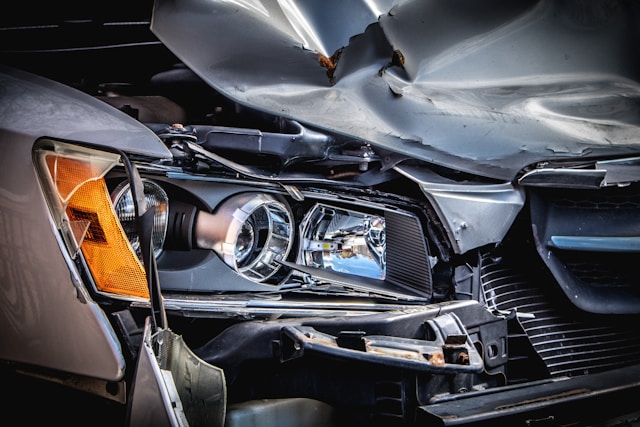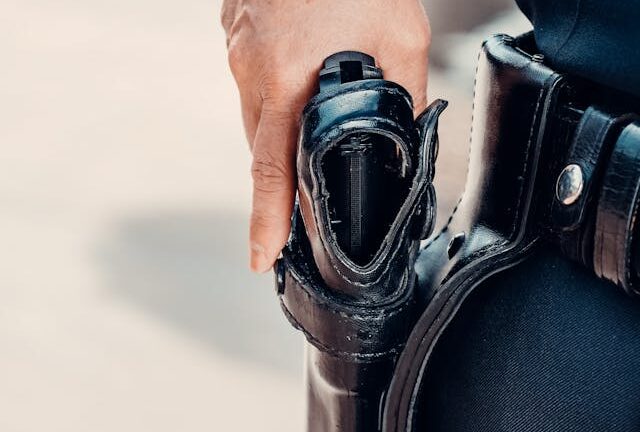Dealing with a sick or injured horse can be devastating. However, not every horse owner knows they can acquire insurance in the event of an unfortunate accident, injury, or illness. Learning about different policy conditions is critical because the guidelines vary for each insurance company.
Protection
Coverage is necessary if your horse experiences a debilitating issue that prevents him from functioning normally. Not only does equine insurance protect your horse, but it also provides you security from risk. Three types of policies are available according to your situation:
Loss of Use and Infertility
When a horse loses the ability to work or participate in daily activities, you can receive compensation if he’s permanently unable to perform. One crucial factor about the loss of use policy is that it can be challenging to obtain.
If you have X-Rays on hand and you’ve had tests administered, you still face the obstacle of proving that your horse has a disability through documentation. It isn’t impossible to accomplish, but the process could be complicated and requires patience. On the other hand, if a veterinarian declares your horse has lost his ability to jump, it’s a confirmation of disability. Having the declaration in writing can make a difference regarding entitlement to coverage.
Depending on your horse’s ability to breed, coverage is available to insure him. If he cannot reproduce due to an accident or a disease, you can receive full payment based on value.
Mortality
The sudden death of a horse can have various causes or none at all. Although it’s a reality, it can be traumatizing and confusing. Full mortality insurance is suitable should your horse die due to an accident or if he becomes a victim of theft. It ensures that you receive complete protection even after you’ve attempted everything to save your horse.
Medical
Considering Health Insurance for Horses is standard, a medical policy is a typical choice because horses are prone to hurting themselves or individuals around them. Severe injuries and surgical procedures are valid in a plan and require special treatment.
Reimbursement
Regarding reimbursement, you have the advantage of receiving compensation based on the insured value of your horse in the event of his death. Also, if euthanasia is the only option if your living horse is sick and has little to no chance of recovering, your policy covers the procedure.
As you can see, insurance for your horse protects you against liability and property damage. It also prepares you should your horse’s health deteriorate and results in an untimely death.



